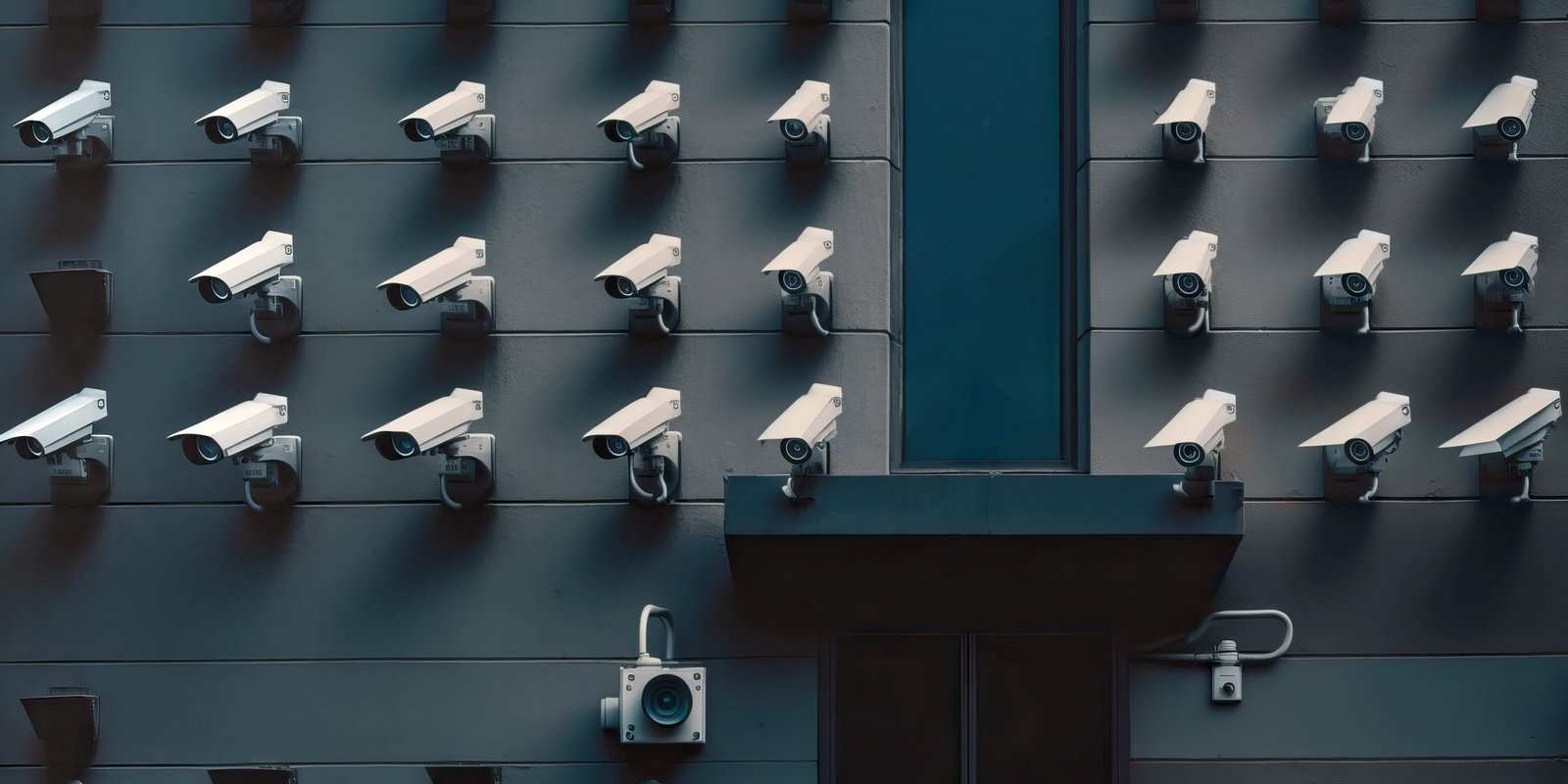The use of CCTV (closed-circuit television) in the home and outside the residential home has become increasingly popular, but it is not without its concerns. While CCTV can enhance security and provide evidence in criminal investigations, it also raises concerns about privacy and political implications.
When installed in the home, CCTV can provide a sense of security by deterring criminals and monitoring activities. However, it also raises concerns about invasion of privacy, particularly if it is installed in private areas such as bedrooms or bathrooms. The ethical implications of CCTV should be carefully considered to ensure that it is not used to infringe on the privacy of residents.
Similarly, when CCTV is installed outside the residential home, it can enhance the security of the entire community by deterring criminals and providing evidence in criminal investigations. However, the use of CCTV in public areas also raises concerns about invasion of privacy and political implications. The use of CCTV in public areas can be seen as an infringement on the privacy of individuals and can be used for political purposes.
Furthermore, the installation of CCTV can be expensive, particularly if it is installed throughout an entire neighborhood or community. It is important to consider the costs and benefits of CCTV, as well as other security measures that can be used in conjunction with CCTV.
In conclusion, while CCTV can enhance security and provide peace of mind, it is important to consider the concerns around privacy, political implications, and cost before installing CCTV. The ethical implications of CCTV should be carefully considered to ensure that it is not used to infringe on the privacy of residents or to serve political interests. It is important to consult with a professional and to consider other security measures before deciding to install CCTV.


